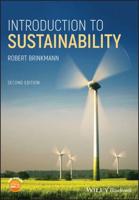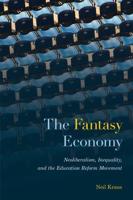Publisher's Synopsis
What causes a government to invest--or not invest--in poor citizens, especially mass education? In The Education of Nations, Stephen Kosack focuses on three radically different developing countries whose developmental trajectories bear little resemblance to each other--Brazil, Ghana, and Taiwan--and offers an elegant and pragmatic answer to this crucially important question. Quite simply, the level of investment in mass education is the product of one of two simple conditions, one political and one economic. The first condition is the nature and success of political entrepreneurs at organizing the poor politically; the second is the flexibility of the labor market faced by employers who need skilled workers. Drawing from a half-century of evidence, he has found that irrespective of every other factor, these two conditions alone explain whether education is available to the poor or restricted to elites as well as many of the key features of education systems. An empirically rich and theoretically novel study, The Education of Nations will change how we think about the developing world's approach to education and development.











